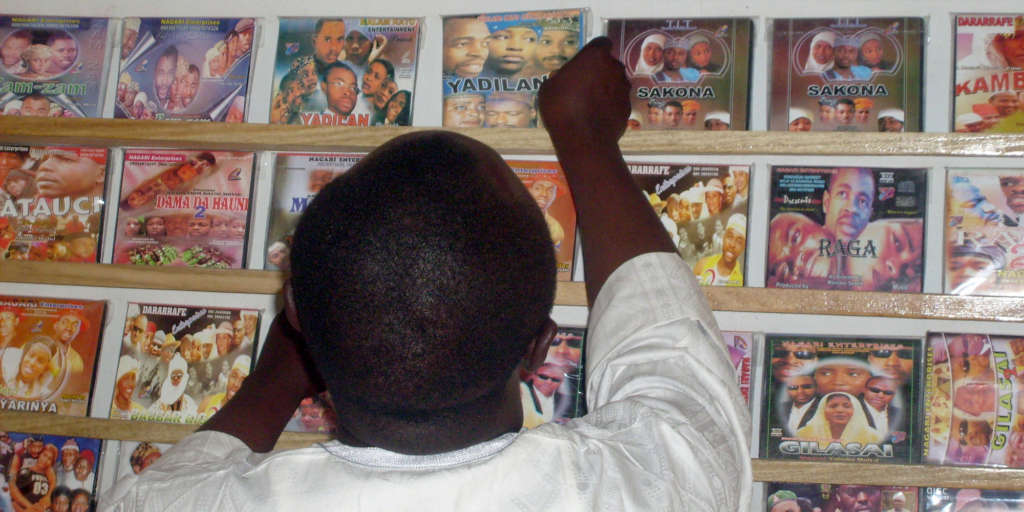Kano (Nigeria)-After a wide campaign and so much pressure put by extremists, Nigeria has cancelled a plan to build a $10 million “Film Village” outside the mainly Muslim northern city of Kano.
The project, to be built on a 20-hectare expanse near Kano, planned for a film center, a 400-capacity auditorium, a hostel, a sound stage, a restaurant, a three-star hotel, a shopping mall, a stadium and a clinic, and it aims at encouraging a thriving sector in the country.
The decision deals a blow to a booming industry, developers said, as the center was to generate thousands more jobs in a city hit with staggering unemployment.
Abdurrahman Kawu Sumaila, an adviser to President Muhammadu Buhari, said the cancellation answered the wishes of the local population.
“The people have had their say and the government has heeded them,” he told reporters last week after months of discord.
It aimed to boost the massively popular local film industry known as “Kannywood,” which, according to the national film censors agency, accounts for 38 percent of film production in Nigeria — a country that already turns out the second highest number of films per year worldwide after India’s Bollywood.
While Nollywood and Kannywood focus on similar themes — love, romance, black magic and betrayal, the Kano-made films follow a strict code in which men and women do not touch and actresses respect the reputation of women in traditional Islamic society.
However, Muslim clerics have kept close watch on Kannywood, accusing it of promoting un-Islamic foreign values by imitating American Hollywood and Indian Bollywood movies, a charge film makers have denied.
Salafist clerics blasted it in Friday sermons, saying it would promote immorality and undermine Islamic values.
“We don’t want it, we don’t need it, they should take it somewhere. We will continue to curse the people behind this film village,” said Abdullahi Usman Gadon-Kaya, who spearheaded the protest.
Joined by critics on local radio and the social media, they drowned out those in favor of the film village.
For his part, Danjuma Wurim Dadu of the Nigerian Film Corporation told a film conference in Kano that more than $3 million had been set aside for the center, which he said was to create 10,000 jobs.
“This is a missed opportunity to provide much-needed jobs for the teeming unemployed youth, who have turned to drugs for solace,” local film analyst Mudan Saidu told AFP.
It started in 1992 with seven production companies, and it expanded over the next decade to 268 production outfits and 315 editing studios, employing more than 60,000 people, according to the Motion Pictures Practitioners Association of Nigeria (MOPPAN).
In its 2010 report, the World Bank estimated that Nigerian film industry overall was generating $1 billion a year to the economy.
Nevertheless, in 2008, a sex video involving a popular Kannywood actress in Kano gave clerics the ammunition they needed against the industry.
The video, filmed two years earlier on a cellphone during a private tryst, was never intended for public distribution but got onto the cellphone circuit, causing an uproar from clerics and prompting a six-month government ban that cost the industry $29 million in lost revenue.
Mutual resentment between the clerics and film makers has grown since.
